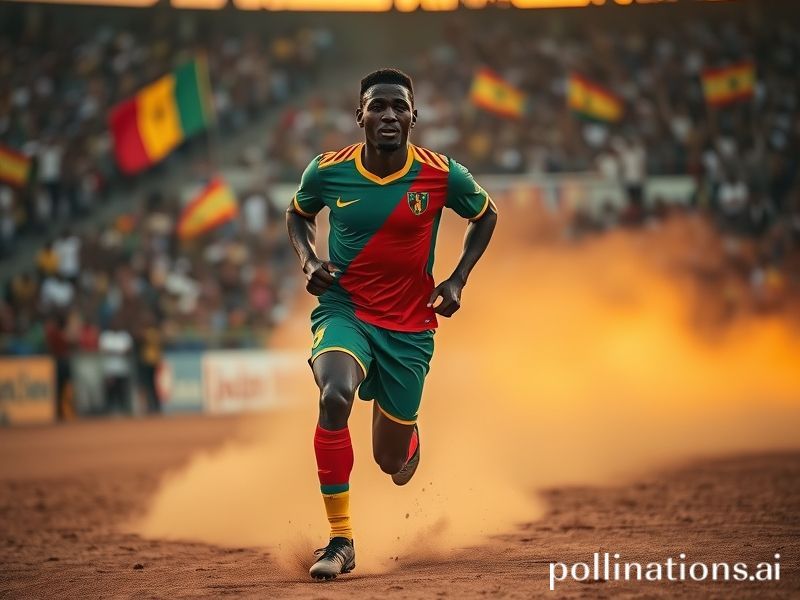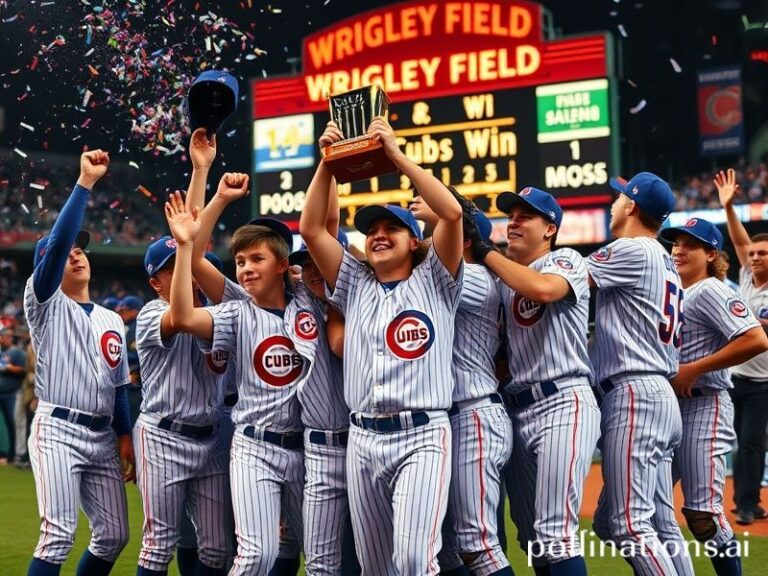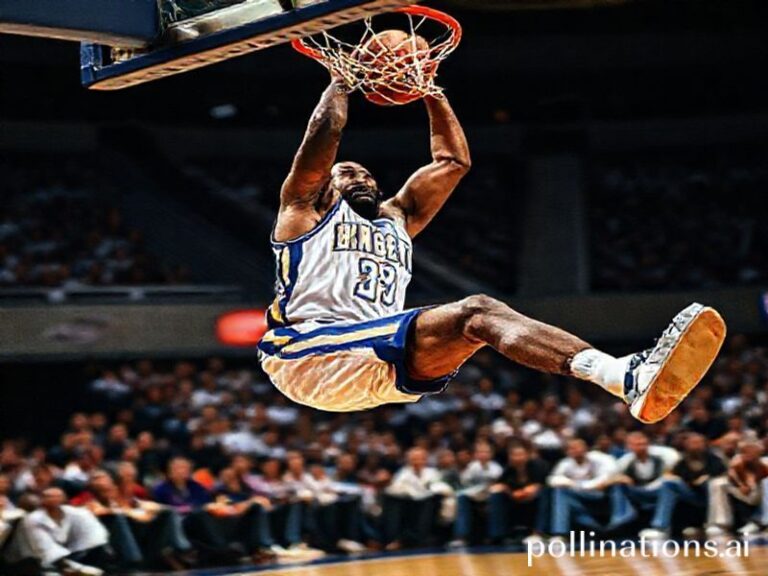Indomitable Lions, Laughable Bureaucracy: How Cameroon FC Explains the Global Economy in 90 Minutes
Indomitable Lions, Laughable Bureaucracy: Cameroon FC as a Mirror to the World’s Beautiful, Broken Game
By Dave’s Locker Foreign Correspondent, somewhere between Douala duty-free and a Paris sports bar
On paper, Cameroon FC—officially the Cameroon national football team, nickname so grandiose it could start a land war, “Les Lions Indomptables”—is just another collection of millionaire quadriceps in matching pajamas. In practice, it is a 100-year Rorschach test for anyone who still believes sport and politics can be separated by more than a sneeze. From Yaoundé to Yokohama, the Lions have spent decades proving that nothing unites the globe quite like arguing about money, passports, and who forgot to book the hotel.
Global Context: The Passport Carousel
To understand why Cameroon FC matters beyond the Confederation of African Football’s WhatsApp groups, consider the last World Cup cycle. Bryan Mbeumo, Brentford’s silky winger, agonised over whether to pledge allegiance to France (where he was born), England (where he pays tax), or Cameroon (where his father once lost a wallet). He chose the Lions, instantly triggering think-pieces in five languages about “diaspora identity” and “neo-colonial talent extraction.” Translation: rich countries mad they’re no longer the only buffet in town. Meanwhile, Cameroon’s sports ministry mislaid his paperwork twice, proving that bureaucracy is the one dance where everyone knows the steps but still manages to fall off the stage.
Worldwide Implications: The Economics of Roaring
FIFA’s Swiss bean-counters love Cameroon for the same reason they love Brazil: television rights. The Lions guarantee melodrama—red cards, unpaid bonuses, coaches sacked at airport gates—delivered with cinematic flair. Every time they threaten to boycott over per-diem disputes, European clubs shudder: a cancelled qualifier means lost broadcast minutes, which means lost ad revenue for a betting company headquartered in Malta and regulated nowhere. In that light, Cameroon FC is not merely 11 men chasing leather; it is a high-yield emerging-market bond wearing boots. When they reached the 2022 World Cup in those sleeveless shirts (an aesthetic choice somewhere between “futuristic samurai” and “runway model who lost his luggage”), stock photos were downloaded in 47 countries within minutes. The planet runs on spectacle; the Lions deliver it with fangs.
Broader Significance: Patriotism as Performance Art
Cameroon’s domestic league is chronically underfunded—one top-flight club recently paid players with bags of rice, which at least doubled as post-match carbs. Yet every two years, the nation still expects the Lions to beat teams whose reserve goalkeepers earn more than the entire Cameroon cabinet. This paradox teaches a universal lesson: fandom is the art of demanding Michelin-star flavour from a microwave budget while pretending not to notice the sparks. Watch any Cameroon match in a diaspora bar from Brussels to Brooklyn and you’ll see grown accountants weep at 3 a.m. over a missed penalty, then calmly expense the beer as “client outreach.” The heart is local; the receipts are global.
Cynical Postscript: What Success Would Actually Cost
Should Cameroon ever win another Africa Cup of Nations—last tasted in 2017, like a decent Bordeaux now suspiciously corked—government officials will surely commission a 40-foot bronze lion outside the presidential palace. Within weeks, the statue will be missing an ear (sold for scrap) and the players will still be waiting for their win bonuses. Success, in the macroeconomic sense, would merely confirm that the surest path to poverty is victory without infrastructure. Ask Argentina; they’re still paying interest on 1978.
Conclusion: The Beautiful Game’s Ugly Reflection
So here we are: Cameroon FC, simultaneously a source of continental pride and a cautionary tale about what happens when talent outruns governance. Their roar echoes through global supply chains, television contracts, and the guilty conscience of every fan who streams matches illegally while tweeting about fair play. If the Lions ever stopped being chaotic, FIFA’s balance sheets might finally look honest—and who among us could survive such a catastrophe? Until then, we watch, we wager, we wince. It’s not just football; it’s the human condition with better abs.







